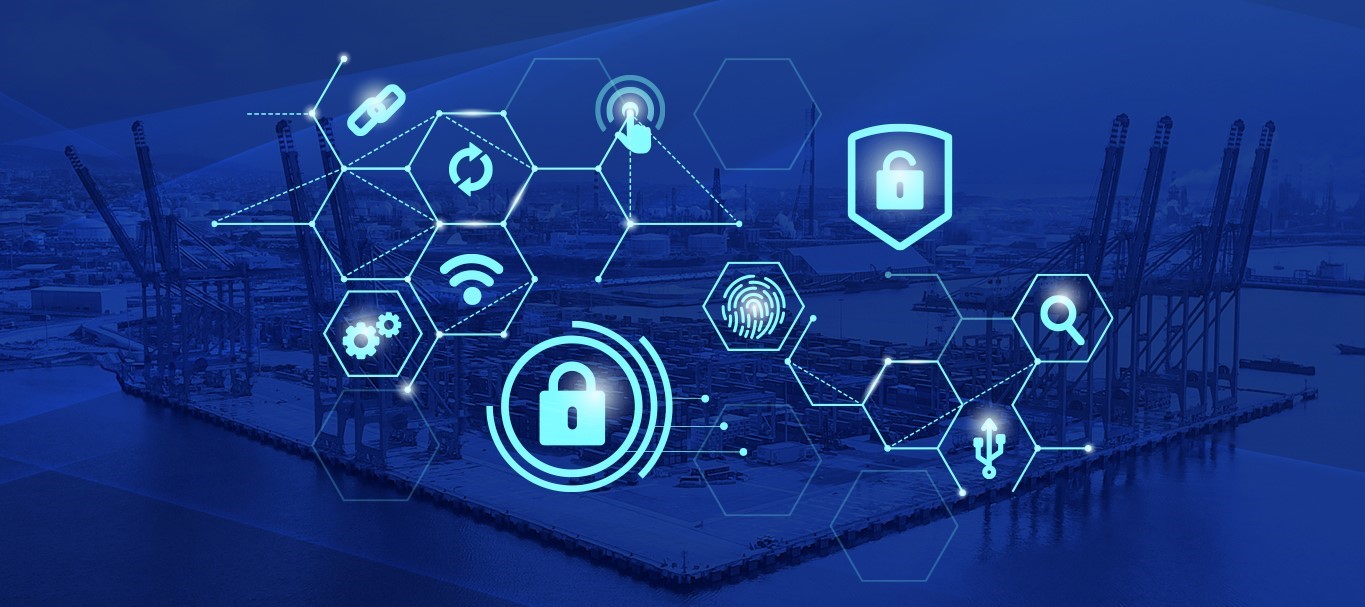-
-
- Global
- Algeria, Djazair
- Angola
- Argentina
- Australia
- Austria
- Belgium
- Brazil
- Canada
- Chile
- China
- Colombia
- Cyprus
- Czechia
- Dominicana
- Ecuador
- Egypt
- EU Intermodal
- Germany
- Hong Kong
- Hungary
- India
- Indonesia
- Italy
- Malaysia
- Mexico
- Mozambique
- Netherlands
- New Zealand
- Pakistan
- Panama
- Peru
- Philippines
- Poland
- Romania
- Rwanda
- Saudi Arabia
- Senegal
- Serbia
- Singapore
- Somaliland
- South Korea
- Suriname
- Thailand
- Turkiye
- United Arab Emirates
- Ukraine
- United Kingdom
- USA
- Vietnam
-
Menu
-
About Us
Related content
![relatedcontent]()
Who We Are
Established in 2024 as a strategic partnership between DP World Yarımca and Evyapport, DP World Evyap...
Read More -
Services
Related content
![relatedcontent]()
Port Services
DP World Yarımca has become more than a port by taking its service approach to a different dimension with its partial warehouse, CFS Field, Project&Special Cargo, customer portal, KolayRota mobile application!
Read More![relatedcontent]()
Logistics Services
Through our logistics businesses, we look to enable the most efficient production and movement of cargo globally.
Read More -
Logistics
Related content
![relatedcontent]()
DP World, a globally recognized leader in comprehensive maritime-oriented supply chain solutions, has taken another significant stride in its logistics network expansion by introducing a new operational unit in Turkey. This strategic initiative is dedicated to providing top-tier Grade A facilities that optimize operations for DP World's esteemed customers within the Turkish market. Simultaneously, this endeavor will play a pivotal role in nurturing trade and economic growth across the expansive region, known for its intricate connections to the Marmara, Aegean, and Black Seas. Operating under the banner of DP World Logistics Turkey, this division stands as a cornerstone within DP World Logistics Europe's overarching strategic framework. Central to DP World's operational philosophy is the seamless integration of intermodal connectivity and the strategic co-location of logistics facilities, industrial spaces, and port operations. This approach consistently amplifies supply chain efficiencies, resulting in reduced costs and heightened operational efficiency for our esteemed clients across global markets. Rooted in the dynamic region along the Marmara Sea, DP World Yarimca operates as a central commercial nexus, facilitating trade interactions between Europe and Asia, with an impact that resonates far beyond. Our pioneering logistics division, established within this strategically positioned landscape, serves as a catalyst, propelling Europe's economic advancement on multiple fronts. To further enhance our capabilities, we are pleased to announce the incorporation of both bonded and non-bonded warehouse facilities in Istanbul and Kocaeli. These facilities are poised to elevate our offerings, providing even greater flexibility and value to our clients as they navigate the dynamic landscape of international trade.
-
Smart Trade
Related content
![relatedcontent]()
Customer Portal
Our technology investments means our customers have access to all services offered at the port on a single screen.
Read More![relatedcontent]()
Kolay Rota App
With our Kolay Rota app, trucks entering the port area are now provided with quick access to containers.
Read More - Sustainability
Emails are also safe at the port
Date: 29/12/2020
More than 300 billion e-mails are sent every day in the world. 4.5 billion e-mail users send electronically from somewhere in the world to another place or into the country. These e-mails and other online communication channels are full of dangers. Protecting data and accounts such as malware, viruses, cyber attacks and so on has also become much, much more important than before.
Critical information targeted
Address fraud is one of those threats. Such attacks use a fake sender address. An e-mail requesting some kind of personal data can even be sent from the COMPANY's CEO or doctor's practice.
It is also possible that the account will be hijacked by a hacker. When the account is checked, personal information requests such as passwords or social security numbers are made with a well-known e-mail recently. Messages with threats to close the account are also being sent.
Taking precautions at DP World
DP World Yarımca has also put in place many measures to prevent these e-mail forgeries. Awareness of suspicious emails is regularly checked and the response trend is followed. In 2020, hundreds of e-mails were sent to users and related trainings were also forwarded to users. Every level in the field of security was addressed and the risks were eliminated. In addition, the security engine continuously monitors and reports any abnormal activity. Suspicious emails and attachments are blocked or quarantined by a malware protection system. Each e-mail is analyzed and scanned in depth with up-to-date signatures.
SECURITY MEASURES AGAINST E-MAIl FRAUD
E-mail and Internet Security Checklist
- Confirm that passwords are strong.
- Confirm that each account has a different and powerful password than the others.
- Enable 2FA for each email account.
- Update anti-virus and browser software regularly.
- Do not open emails from unknown senders.
- Do not click on links in emails or IMs unless you're sure that they're safe.
- Do not open attachments without scanning and not knowing that they are virus-free.
- Be careful and selective about what you download from the Internet to your computer.
- Read the license agreements carefully.
- Do not click on Internet ads.
- Do not open or accept suspicious error messages in your browser.
- Encrypt your e-mail communications as needed.
- Use public WIFI connections with caution.
- Do not share proprietary company information.



 Where's my ship?
Where's my ship?





